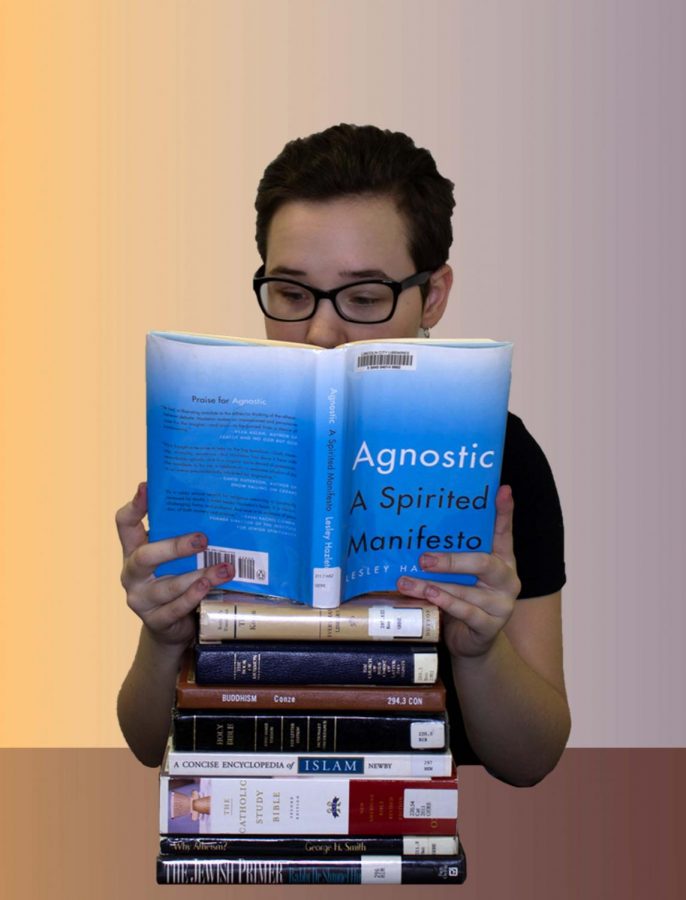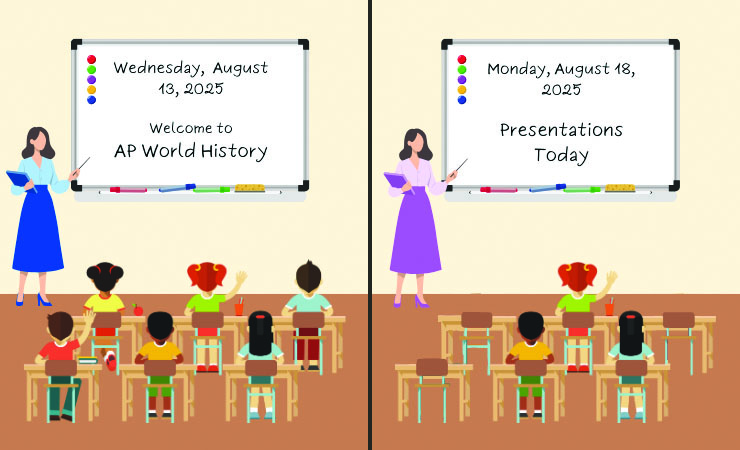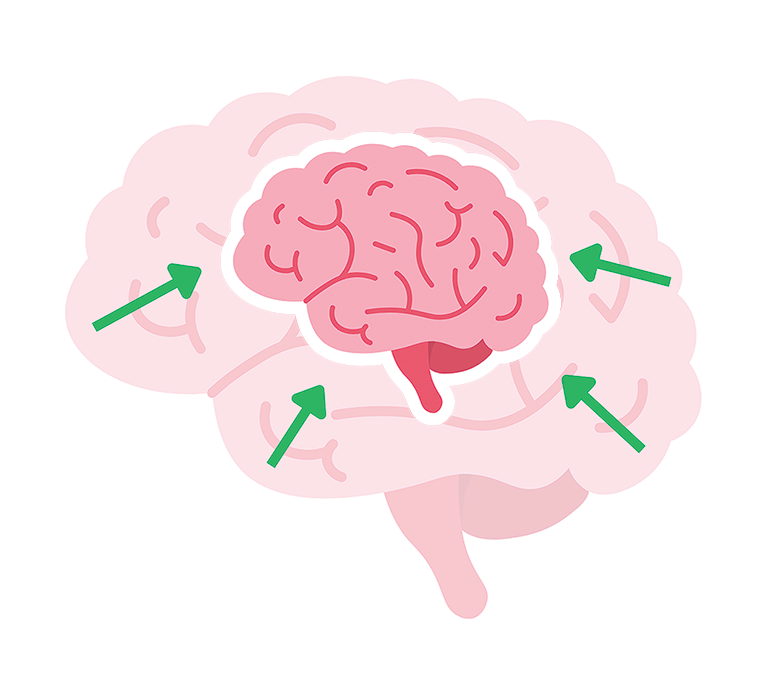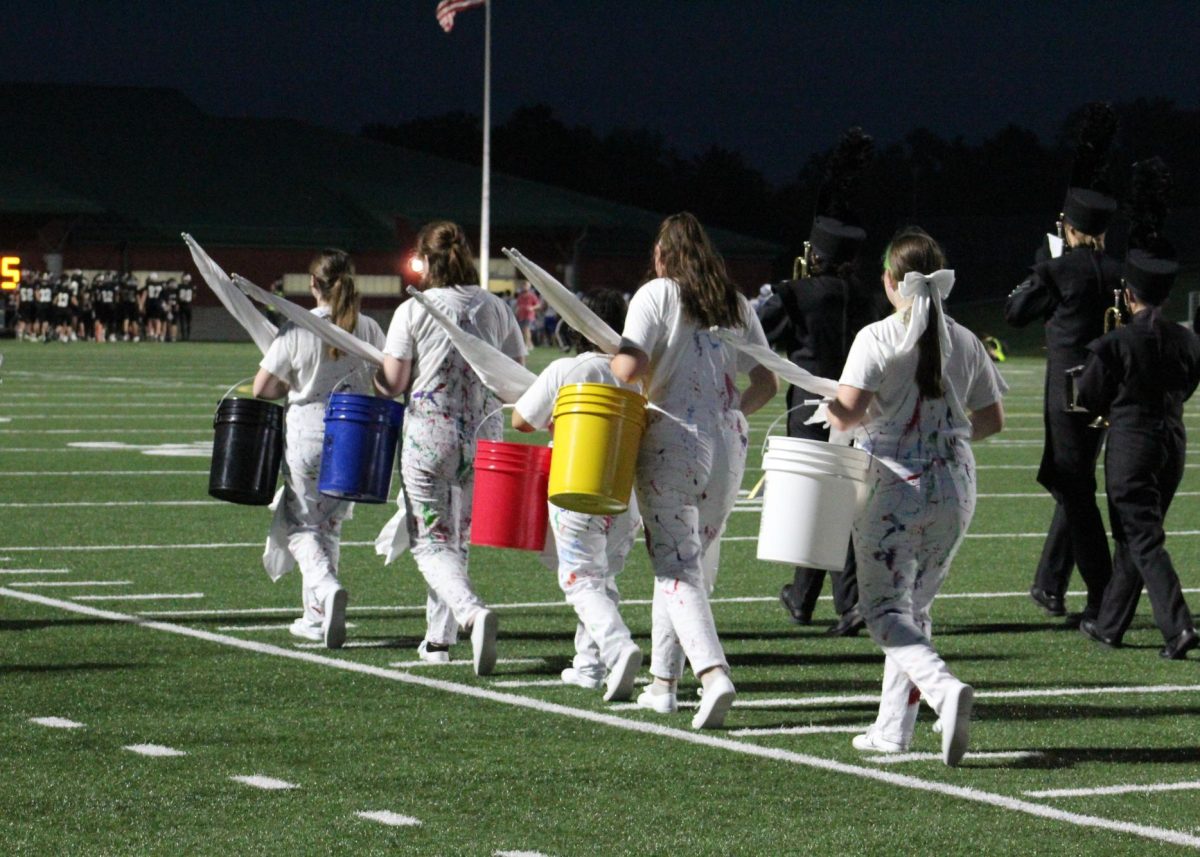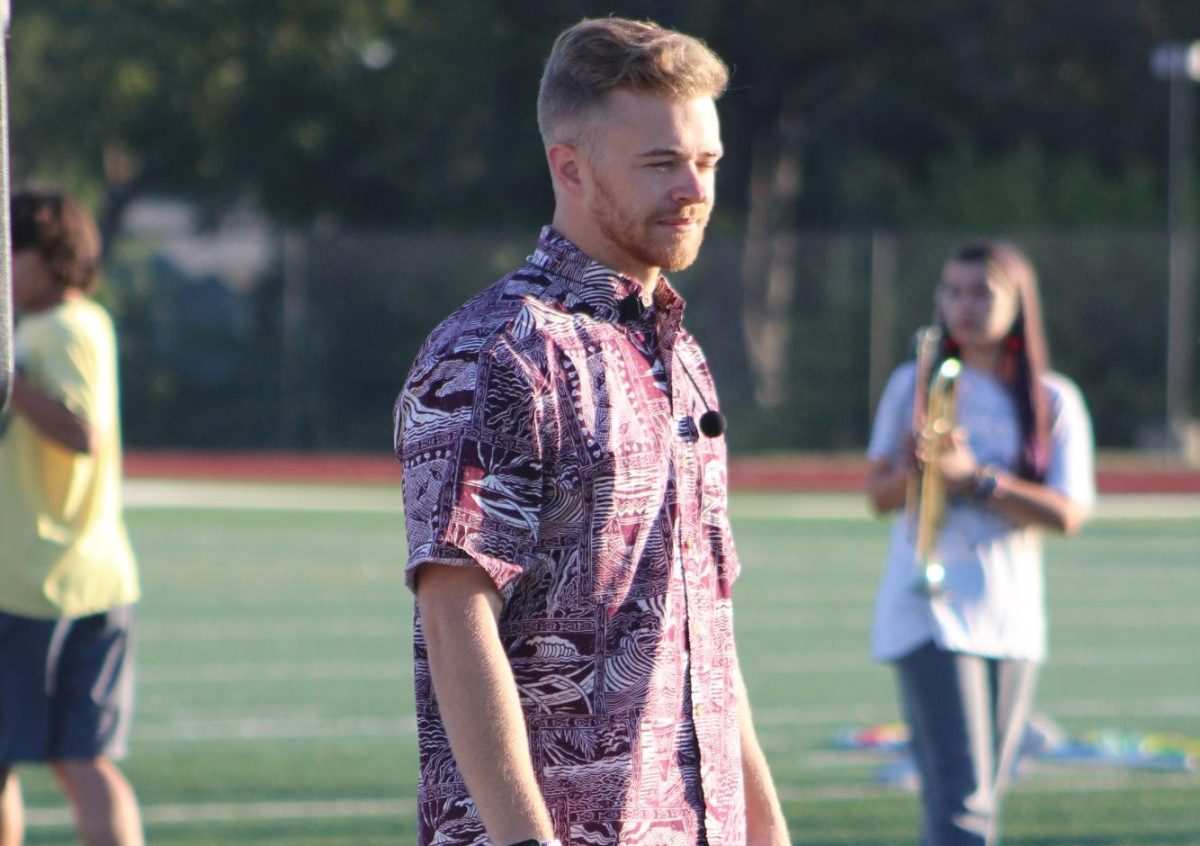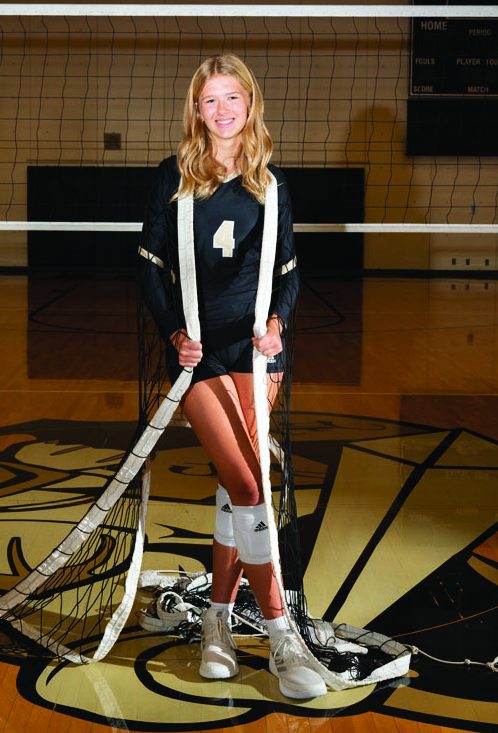Religions of Southeast
Students defying judgement through faith
Sophomore Katelyn Hurtz with a variety of religious texts.
March 11, 2019
She has short, chopped hair and describes herself as not fitting the typical feminine look, but she never thought that the assumptions of her being gay would end up in a cigarette being thrown at her.
While walking home one day after school in Columbus, Nebraska, Katelyn Hurtz (10) was accosted by a man and his friend, who rolled down the window of their car as they passed and hurled a cigarette at her. Before speeding off, they yelled out “burn like the [gay man] you are!”.
Hurtz has been subjected to ridicule and bullying because of her appearances, and thinks that what happened to her that day was an example of religion being used as a tool of oppression.
She wants this to change and believe it starts with taking a good, hard look at one’s own religion.
Hurtz identifies as Agnostic, choosing this path of religion after her non-practicing Catholic parents allowed her and her sister to decide their own religion to practice. A person is considered agnostic when they believe that nothing can be known about God’s existence beyond material phenomena. This meaning that Hurtz doesn’t claim a faith nor does she disbelieve in a God.
After receiving judgement from other people, she has decided that it would be wrong to assume the same things about other people. Through an Agnostic perspective, this allows her find out about a person and their religion without immediately placing an assumption on them.
“Personally, I chose to not have [a religion] so I could have a non-bias view of other [religions],” Hurtz said. Back in Columbus, she was expected to study Christianity, but felt it wasn’t for her, and instead wanted to have an open perspective, a religion that she could form herself based off her own beliefs.
“I learned pretty quick that it was legitimately dangerous to consider yourself anything other than Christian in that area,” Hurtz said. “I would get attacked. I’m a little apprehensive to talk to other people about [religion] because I’ve had people throw stuff at me, threaten my life or do spooky stuff.”
Hurtz feels much more comfortable in Lincoln and feels open to conversation regarding her beliefs. “I feel a lot safer. I don’t feel threatened in any way.”
Junior Emily* shares this apprehension after deciding to fade away from Christianity and, instead, take up Atheism. It worries Emily* to respond to classmates when asked about her religion, she becomes nervous about what others will assume by the term ‘Atheist’.
“They’ll think I hate anyone religious,” Emily* said. “But I’m actually accepting of other people’s religions as long as they aren’t forceful of it.”
Emily* decided Christianity wasn’t for her when she discovered its “bad side”, which, according to her, are the “homophobic and anti-abortion views.” Her discontentment with Christianity grew in 2014 when “violence was starting to become more common.” She remembers 2014 with the shooting of Tamir Rice, ISIS filling the news, and the murder of Peter Kassing. Rice was a 12 year-old boy shot by a white police officer in Cleveland, Ohio. He was shot after appearing to be holding a pistol, which was later found to be an airsoft replica. Kassing was captured in 2013 while traveling to Syria, then killed a year later by ISIS.
These events had Emily* questioning religions and she “realized that the world couldn’t be fixed with faith and prayer.”
“I sort of lost my faith,” Emily* said. “I also believed that I should follow my own views. I don’t need a possibly false entity to dictate my views or anything.”
As Emily* shapes her own opinions about religion, she keeps an open mind regarding her future kids and all other religions.
“If I were to start a family, I would teach them young that we should always be accepting of other religions,” Emily* said.
She won’t force her children into choosing a religion, but will allow them the same freedom that she was given by her parents. Emily* has decided she would allow them to attend church with friends, “It doesn’t matter as long as they still have the good beliefs and won’t bash on other beliefs.”
This positivity towards religion is desired throughout nearly every religion. High schoolers aren’t looking to force their religion upon their classmates, they just want to be heard, and understood for what they believe.
Junior Autumn Arnold occasionally struggles to be accepted by some classmates when explaining her practice in Judaism.
“Once people know, they turn away from you sometimes,” Arnold said.
This especially becomes difficult for her around the holidays. When asked by classmates about her Christmas plans, she finds it hard trying to explain why she doesn’t celebrate the holiday, and sometimes, the simple explanation of her religion isn’t enough.
“I want to be more open about it,” Arnold said. “I’m not that different, I just don’t celebrate [Christmas].”
When a group begins talking about the season of giving and Jesus Christ, she sometimes discovers herself being turned out of conversations. It’s difficult to add to the discussion when you don’t share similarities.
To battle through their differences, Arnold has enrolled in Project 7, a Christian-based club at Southeast. The club is ran by Maxwell Smith (11) and Chase Alphin (12) and is often referred to as P7. Arnold describes it as more of a bible study club, and struggles to “know what they’re saying half the time.” She opts out of the prayers at the flagpole and other common Christian practices, but still partakes by trying to follow discussion.
“They know what they’re talking about, and I’m kind of just there,” Arnold said.
While she may struggle to fit in, she’s still taking actions to expand her social circle through faith.
P7 isn’t the only Christian organization at Southeast. There’s also Young Life and Fellowship of Christian Athletes (FCA). Senior Natalee Gann is an ongoing member of FCA and has practiced Christianity all throughout her life. Throughout high school, her faith has only deepened as she’s taken it into her life more seriously. She finds her church playing an influential part in her faith journey, but has also turned to her club at school to grow her roots alongside classmates.
“FCA provides an opportunity for us as Christians to come together in fellowship,” Gann said. “We can build each other up and encourage each other.”
Gann believes that public schools are a good place to discuss her faith and religion with other students, both in club and in class. The last quarter of biology focuses on Evolution, the process by which different kinds of living organisms are thought to be diversified from earlier forms, as defined by the Oxford dictionary.
Through the lessons taught in class, Gann struggles to listen to the beliefs of evolutionism, as well as continue her own faith.
“It’s important to let everyone express what they believe,” Gann said. This requires both students and teachers listening to all different perspectives.
“I would like to see teachers having more of an open mind when it comes to curriculum and allowing all perspectives to be shared,” Gann said. “[Students should have] more education on the topic so they can choose whether they want to ascribe to a religion.”
Although the idea of freely expressing religious beliefs sounds like it could be an improvement to public schools, LPS still has its rules against religious discussion in class away from the curriculum. Policy 6420 states that courses may not have a purpose in the promotion of a particular religion. For the guidelines of religious holidays, the LPS booklet bans Christmas trees, Santa Claus, Easter eggs and bunnies as they are “considered to be secular, seasonal symbols” when they disrupt the instructional program for students.
Freshman Mirah Thornock agrees with Gann about incorporating religion into schools. Thornock is part of the Church of Jesus Christ of Latter Day Saints, (formerly known as Mormons). With a religion not always positively connotated, Thornock explained that while she hasn’t been bullied for her beliefs, she has been given some weird looks.
“They just don’t understand,” Thornock said. Sometimes she’s questioned about her religion and beliefs at school since it isn’t well-known. However, she has found that some people make their own assumptions of what her religion is about, without ever getting to know them.
“I think they might think about it, but just from what they see in the world,” Thornock said. “They don’t really see how I think our church is.”
She believes it could be a good thing to briefly touch on it in history class, but not making it a primary focus.
“It’s an important part of society,” Thornock said.
Senior Dillon Spieker however firmly believes in the separation of church and state. As he practices Roman Catholicism, as well as has two parents working for Lincoln Public Schools, he understands that religion has its time and place, however not in school.
“I think religion is a thing that should be integrated by whoever your parent, guardian or caregiver is,” Spieker said. “It all boils down to the church and state issue of not giving one preference over the other.”
However, this doesn’t stop him from defending his religion when another Catholic is attacked by other people due to their beliefs. During recent events within the Catholic Church, and scandals involving priests and bishops, Spieker has experienced people assuming things about him as well as the rest of his religion.
“From my experiences and from what I’ve observed, people on the outside aren’t very knowledgeable of what actually happened and they don’t get their information from the best sources,” Spieker said. “I always defend it in school, but I don’t always try to spread it, mostly just to not [upset] people.”
In regards to her Agnostic beliefs, Hurtz also brings up stereotypes when talking about religions. People have a hard time understanding that just because you practice a religion, it doesn’t have to define and dictate every trait of you.
“You could be gay, and be Christian,” Hurtz said. “Just because it’s your religion doesn’t mean you agree with all of it. It just means that you believe in whatever you believe in.”
People seem to be struggling with this more as today’s youth are taking religion into their own hands and forming it to fit with their own beliefs.
So how can public schools specifically change the stereotypes brought along with religions? Sometimes an open mind isn’t enough, it just needs to be explained better. As Hurtz follows the Agnostic community, it worried her when she learned about her beliefs in AP World History. The religion notes included brief discussion about Animism, and on the bottom stated Atheist/Agnostic, with a shared definition.
“It’s kind of neglectful to put them as one if nobody else has ever heard of those terms,” Hurtz said. “They’re going to assume that they are the same thing, and they’re not. I wasn’t necessarily hurt by it, I was just confused, and a little bit worried.”
It helps that we discuss religion in both biology and history classes, but perhaps we need to expand more on the topics at hand. For students who aren’t familiar with certain religions, just the quick definitions and orgins does not make it understandable. A deeper conversation would allow students to acknowledge the differences between each religion.
“I want to see those interesting parts of history that just get ignored because it’s not religious in the typically known way, aka in the main Abrahamic religions and the older civilization religions,” Hurtz said in regards to religion being taught in
the future. “[Minority religions] are more of pushed to the side, which I don’t think is healthy.”
The less we know about our peers religious beliefs, the harder it is to form meaningful relationships.
“We should definitely talk about religion more,” Hurtz said. “It’s a very important thing in a lot of people’s lives. It would be ignorant of us not to talk about it.”
In teaching more about religions, it also helps students form their identities, and understand who they are as a person. Religion directly affects people’s attitudes everyday when brought into the school and work area. According to LiveScience.com, religion raises self-esteem and leaves you as a more positive person.
However not all children are nourished in homes that gave the opportunity to learn and grow in a religion, and through history classes, students can begin having time to process religions and their connections, giving them the opportunity to identify themself in their beliefs.
Arnold believes that when you get to know someone, you can find a whole other side to them just because of their religion. It’s important to find out about each other, and after forming a firm foundation, further that relationship by sharing your beliefs.
“If you ask those questions, you’re going to have a conversation,” Arnold said. “Religion is supposed to be seperated, but it still needs to be incorporated.”
In discussing simple topics such as holidays, practices or beliefs, we could all know both a little more about each other, but also our long history of human beings. And through changes in the curriculum, we could understand not only the origin of our beliefs, but form our own and learn how to have an open mind when it comes to identities.

